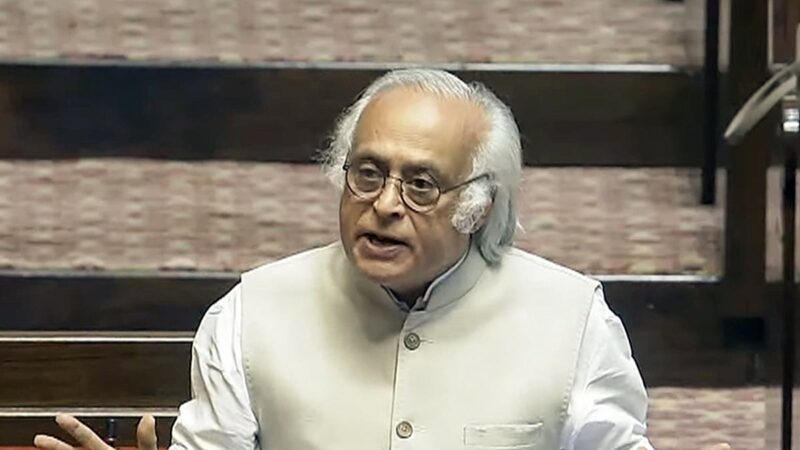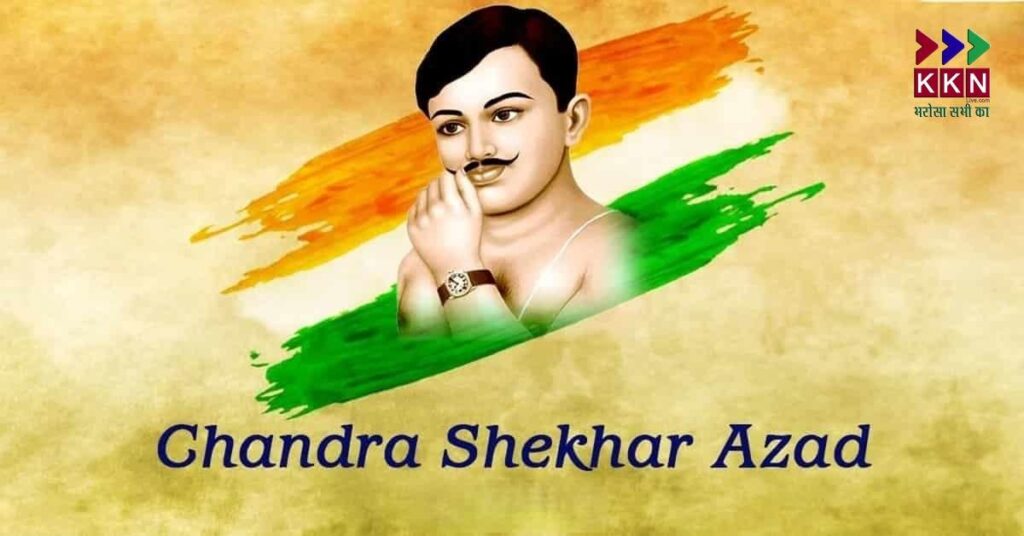
As Bihar gears up for the 2025 Assembly Elections, a political war of words has erupted following Prime Minister Narendra Modi’s visit to the birthplace of former Chief Minister Karpoori Thakur. The Congress party has sharply criticized the Prime Minister, alleging that the Jan Sangh — the political organization from which the Bharatiya Janata Party (BJP) later emerged — was responsible for toppling Thakur’s government in 1979.
During his visit to Karpoorigram in Samastipur district, PM Modi paid tributes to Karpoori Thakur, calling him a visionary leader who dedicated his life to social justice and the empowerment of the backward classes. However, the Congress seized the opportunity to question the Prime Minister’s intent, accusing the BJP of political hypocrisy.
Congress Questions PM Modi’s Political Morality
Soon after PM Modi’s visit, the Congress launched a scathing attack, claiming that those who once opposed Karpoori Thakur’s social reforms are now using his legacy for electoral gains. Congress leaders said that when Karpoori Thakur implemented reservations for the Other Backward Classes (OBCs) in Bihar, the Jan Sangh worked to destabilize his government.
Congress General Secretary Jairam Ramesh raised a pointed question, saying, “Is it not true that the Jan Sangh, from which the BJP was born, was directly involved in bringing down Karpoori Thakur’s government in 1979? Is it not true that the RSS and Jan Sangh opposed his decision to introduce OBC reservations?”
Ramesh went on to accuse the Prime Minister of being inconsistent in his stand on social justice. He said that while PM Modi speaks about inclusivity, his government has repeatedly ignored the demands for a caste census and greater reservation for marginalized communities.
The 1979 Controversy Revived
Karpoori Thakur, known as “Jan Nayak,” was one of Bihar’s most respected political figures. His decision to introduce reservations for the OBC community in government jobs and educational institutions marked a turning point in Indian politics. However, the move angered several upper-caste leaders at the time, leading to political unrest.
In 1979, Thakur’s government fell, and Congress now blames the Jan Sangh and RSS for orchestrating his political downfall. Jairam Ramesh argued that those who once opposed backward class empowerment are now trying to appropriate Thakur’s legacy for electoral advantage.
The Congress also accused the BJP of ignoring Bihar’s demand for a 65% reservation policy for Scheduled Castes (SC), Scheduled Tribes (ST), Other Backward Classes (OBC), and Extremely Backward Classes (EBC). According to Ramesh, “This double-engine government does not want Bihar’s marginalized communities to get their rightful share.”
PM Modi’s Visit to Karpoorigram Before Election Rallies
Before addressing election rallies in Samastipur and Begusarai, Prime Minister Modi visited Karpoorigram, the ancestral village of Karpoori Thakur. The visit is seen as a symbolic gesture to reach out to Bihar’s backward caste voters, who have traditionally played a decisive role in the state’s politics.
PM Modi paid floral tributes at Karpoori Thakur’s memorial and highlighted the NDA government’s decision to confer the Bharat Ratna on him in 2024. “Karpoori Thakur dedicated his life to the upliftment of the poor and the backward classes,” Modi said, adding that his government was committed to fulfilling Thakur’s dream of social equality.
Political analysts believe that the timing of Modi’s visit is a strategic move to consolidate the OBC vote bank ahead of the two-phase elections. The visit also aims to counter the INDIA bloc’s campaign focusing on caste-based census and social justice.
Congress Accuses BJP of Ignoring Caste Census Demand
Jairam Ramesh accused the Modi government of deliberately avoiding a caste-based census despite repeated demands from opposition parties. He said, “When people demanded a caste census, the BJP government dismissed it, labeling supporters as ‘Urban Naxals.’ Even in Parliament, the government refused to discuss the issue.”
Ramesh added that while other states like Tamil Nadu had already implemented robust reservation laws decades ago, the BJP-led government in Bihar had done little to ensure that backward classes received fair representation. He said, “In 1994, the Congress government in Tamil Nadu ensured 69% reservation. But the BJP’s double-engine government has failed to deliver even 65% in Bihar.”
Bihar Assembly Elections: Political Heat Rises
The upcoming Bihar Assembly Elections will be held in two phases — on November 6 and November 11, while counting of votes will take place on November 17. The 243 Assembly seats are expected to witness a tough contest between the National Democratic Alliance (NDA) and the INDIA bloc, led by the Rashtriya Janata Dal (RJD) and the Congress.
PM Modi’s rallies in Samastipur and Begusarai are being viewed as the official launch of the BJP’s campaign for the Bihar elections. Sources say that Modi’s speeches will focus on attacking the opposition alliance, particularly over issues of corruption and internal divisions.
Tejashwi Yadav’s Questions on NDA’s Leadership
RJD leader Tejashwi Yadav has questioned why the NDA has not declared its chief ministerial face for the Bihar elections. He accused the BJP of lacking confidence and clarity about its leadership in the state. “People of Bihar want to know who will lead the government if the NDA wins,” Tejashwi said at a rally earlier this week.
Political observers believe that PM Modi’s strong presence in Bihar is meant to overshadow the absence of a local face. Modi’s visit to Karpoori Thakur’s birthplace and his outreach to OBC communities are expected to serve as a unifying narrative for the BJP’s campaign.
Karpoori Thakur’s Legacy in Bihar Politics
Karpoori Thakur remains one of Bihar’s most revered leaders, especially among the backward classes and the working population. His policies on education, reservation, and social welfare continue to influence Bihar’s political discourse even decades after his death.
His son, Ramnath Thakur, currently serves as a Rajya Sabha MP and a Union Minister in the Modi government. Meanwhile, his granddaughter Jagruti Thakur is contesting the upcoming elections from Morwa constituency as a candidate of the Jan Suraaj Party.
This generational presence of Thakur’s family across political platforms highlights his enduring influence in Bihar’s political landscape.
Congress Labels NDA a “Trouble Engine Government”
Taking a dig at the BJP’s “Double Engine Government” slogan, the Congress termed it a “Trouble Engine Government.” According to Jairam Ramesh, the NDA government has only created social divisions instead of ensuring equality. He claimed that the BJP-led central and state governments are deliberately avoiding policies that could empower SCs, STs, OBCs, and EBCs in Bihar.
He said, “PM Modi’s government talks about development but ignores social justice. If Karpoori Thakur were alive today, he would have opposed this hypocrisy.”
Modi’s Message and Political Strategy
During his speech in Karpoorigram, PM Modi emphasized the NDA government’s welfare schemes for the poor, including housing, health insurance, and education. He said that the current government was fulfilling the dreams of leaders like Karpoori Thakur by ensuring that every poor person in Bihar has access to opportunity and dignity.
However, opposition leaders argue that the Prime Minister’s speech was politically motivated and timed to influence the OBC voter base. They allege that the BJP is using emotional symbolism rather than addressing real issues like unemployment, migration, and caste representation.
The Road Ahead for Bihar Politics
With Bihar heading toward a closely contested election, the political battlelines are becoming sharper. PM Modi’s visit has given the BJP an early start in its campaign, but the Congress and its allies are determined to counter the narrative with social justice and caste equity at the forefront.
Observers believe that the coming weeks will witness high-voltage campaigning across the state. The BJP will likely focus on the central government’s achievements, while the INDIA bloc will push issues of employment, caste census, and reservation.
Symbolism, Strategy, and the Struggle for Votes
PM Modi’s visit to Karpoori Thakur’s birthplace is more than a tribute — it is a political statement. By invoking the memory of a leader who championed social justice, the BJP aims to connect emotionally with Bihar’s large OBC population.
For the Congress, however, the move represents political opportunism. By recalling the events of 1979 and linking them to the BJP’s ideological roots, the party hopes to remind voters of the contradictions between words and actions in the BJP’s approach to social justice.
As the campaign gains momentum, Bihar’s electorate once again finds itself at the intersection of emotion, history, and politics — where legacy and leadership continue to shape the state’s future.


